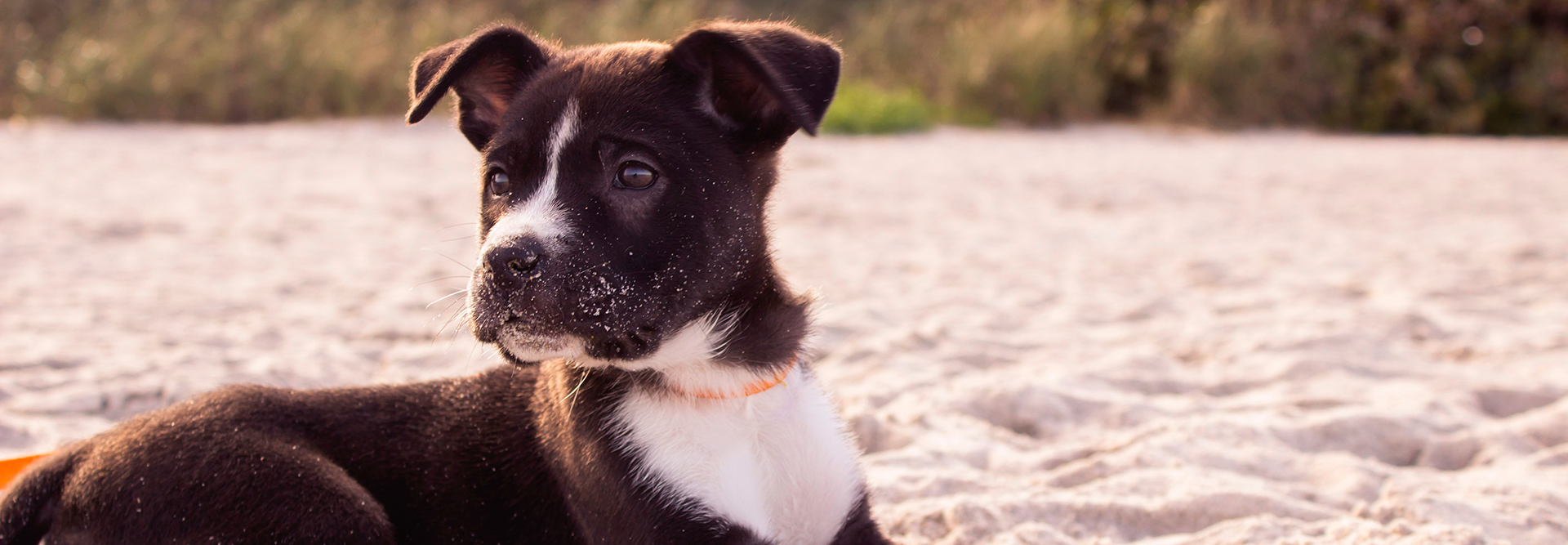
Beware the winter holidays, pet parents! Whether you’re decorating a festive Christmas tree or baking a delicious holiday treat, our pets are always lurking around, waiting for their moment to jump in and take part in all of the excitement and cheer. Although the holiday festivities are never complete without our furry friends, it’s important […]
Beware the winter holidays, pet parents! Whether you’re decorating a festive Christmas tree or baking a delicious holiday treat, our pets are always lurking around, waiting for their moment to jump in and take part in all of the excitement and cheer. Although the holiday festivities are never complete without our furry friends, it’s important to remember that not everything we do to celebrate is safe for them. Let’s take a look at some of the many hazards your pet may face as you prepare for the fun and joy.
Chocolate and other holiday treats
Lots of treats that are sweet and tasty for us humans to eat are too toxic for our own pets. Take chocolate as an example. This popular holiday candy can cause a number of health problems, such as upset stomach, tremors, seizures, and irregular heartbeat. If ingested in heavy or thick amounts, it can even cause death. Likewise, when cakes containing alcohol—rum cake, for instance—are ingested in large quantities, your pet can suffer from alcohol poisoning.
Even certain fruits, like grapes and raisins, can be a huge health issue for your pet. Fruit cakes and christmas bread, which usually contain candied raisins, are common during the winter season while grapes are often included in appetizer platters. It’s easy to forget that even small amounts of these fruits can be bad news for your furry family member.
Many family members and friends may not even know that any of their holiday treats are poisonous to your fur ball so make sure to let your guests know before your fur-baby takes a bite out of a fruit cake.
Ornaments, ribbons and tinsels
Ribbons, tinsel, and christmas tree ornaments—these are all just a regular part of the holiday spirit. Unfortunately, these items are also the object of pet mischief, and along with causing considerable damage to your decor, it may also risk your furry friend’s health.
Both tinsel and ribbon usually drive a pet wild, especially for kittens. However, while a cat pawing at a tinsel or ribbon is definitely a cute Instagram story, the ingestion of either item can be dangerous.
Ribbons and tinsels can obstruct the intestines, blocking your pet’s regular bodily processes. A tinsel or ribbon with sharp ends can also cause serious internal damage.
Glass ornaments on Christmas trees can fall and break, causing cuts and injuries on your pet’s paws. Some pets may chew or ingest on an ornament (if they’re curious enough!), which can damage their intestines. Signs of ingestion of foreign bodies include vomiting, diarrhea, depression, and fever.
To avoid these problems, you can invest in sprays that act as taste repellents. You can also place tinsels and ribbons away from the reach of your curious pets.
Holiday lights and electrical cords
Decorative lights on Christmas can be a spectacular way of expressing the holiday spirit but be extra careful with your pet’s choice for a chew toy. Electrical cords are a favorite for many fur-babies to paw and chew on, and the constant activity can expose the underlying wires.
Chewing on exposed wires can create an electrical shock or burn in your pet. This, in turn, causes your pet to suffer from irregular breathing, loss of consciousness, abnormal heartbeat, and in some cases, death. Take extra care in ensuring all wires are kept away from the reach of your furry companions.
Holiday plants
The holidays aren’t the same without a bit of poinsettia and mistletoe. Unfortunately, many festive plants pose a threat to your fur-baby. Poinsettias, for example, can be mildly toxic to your pet as they cause skin irritation and upset stomach.
Another popular festive plant is the mistletoe. This plant and the holly species has a variety of toxic properties that can manifest into vomiting and diarrhea in your furry baby. Make sure that any festive plants you keep in your house is kept in high places or in areas where you know your pet won’t come near them.
Like most celebrations, the winter holidays bring a list of potential hazards for your pet. Of course, just because tree lights and holiday plants pose a danger risk does not mean that you shouldn’t decorate your house or make holiday treats. Instead, taking the necessary precautions to avoid a needless injury or illness is the best way to celebrate everything the winter festivities has to offer with your furry family member.
For more tips on keeping your puppy safe, read our blog: Safety Tips For Your Pup This Fourth of July.